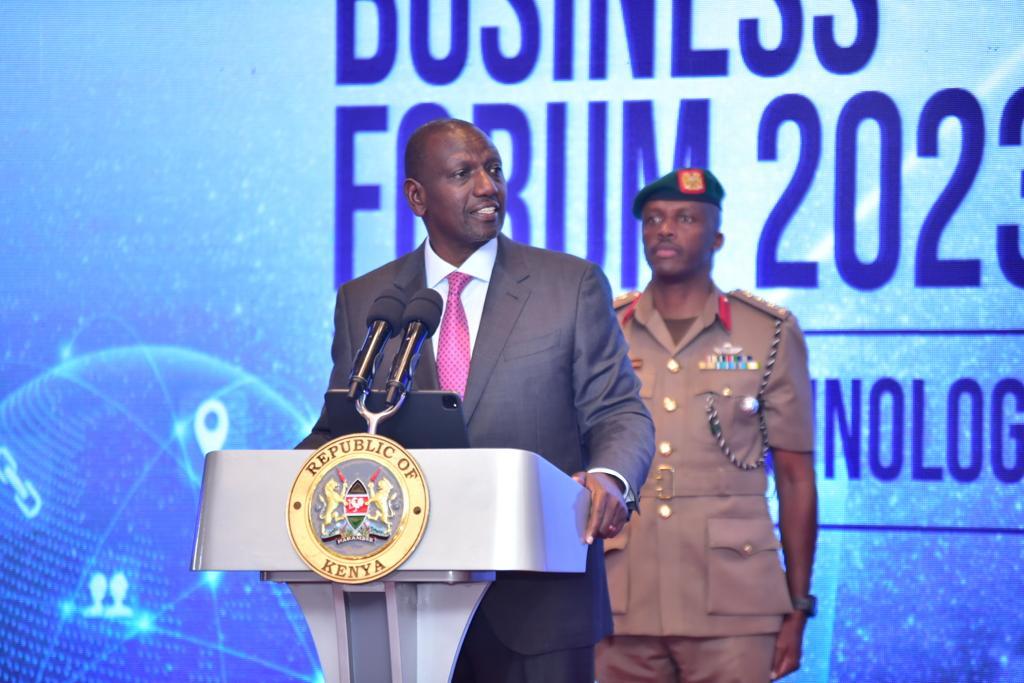The European Union’s landmark Carbon Border Adjustment mechanism (CBAM) will push producers to decarbonize, yet make it harder to do so, because it is a poorly designed policy that can end up doing more harm than good, according to a latest study published by ‘African Arguments’ that also suggests that the CBAM policy could cut Africa’s GDP by $25 billion.
Two experts in the field — Faten Aggad of the African Climate Foundation and David Luke of the Firoz Lalji Institute for Africa at London School of Economics — have recently conducted a study into the CBAM policy. The official aim of the regulation, which will enter into force in its transitional phase in October 2023, is to reduce the risk of so-called “carbon leakage”, they say but in reality it will lead to EU-based companies to relocate their emissions-intensive operations to countries with weaker climate policies. The CBAM is intended to avoid this by ensuring that the carbon price of imports is equivalent to those produced in the EU. It is also hoped the CBAM will motivate foreign producers to reduce their carbon emissions to make their exports to the EU more competitive.
Yet, despite these lofty objectives, a study by the UN’s trade and development body UNCTAD that modeled the effects of CBAM found that the policy would reduce global emissions by a mere 0.1% (at a carbon price of $44/tonne) to 0.16% (at a carbon price of $88/tonne). The new study by Aggad and Luke has found that CBAM’s economic repercussions will be far-reaching – and most strongly felt in Africa, with some of the continent’s least developed countries – including Gambia, Mauritania, and Mozambique – projected to be especially hard-hit accordingly. To that end, they caution that ”the CBAM creates a catch-22 situation for African countries [because] it forces economies to decarbonize to access EU markets but, at the same, further limits their access to finance to make this transition.” African Arguments is a pan-African platform for news, investigation and opinion.



